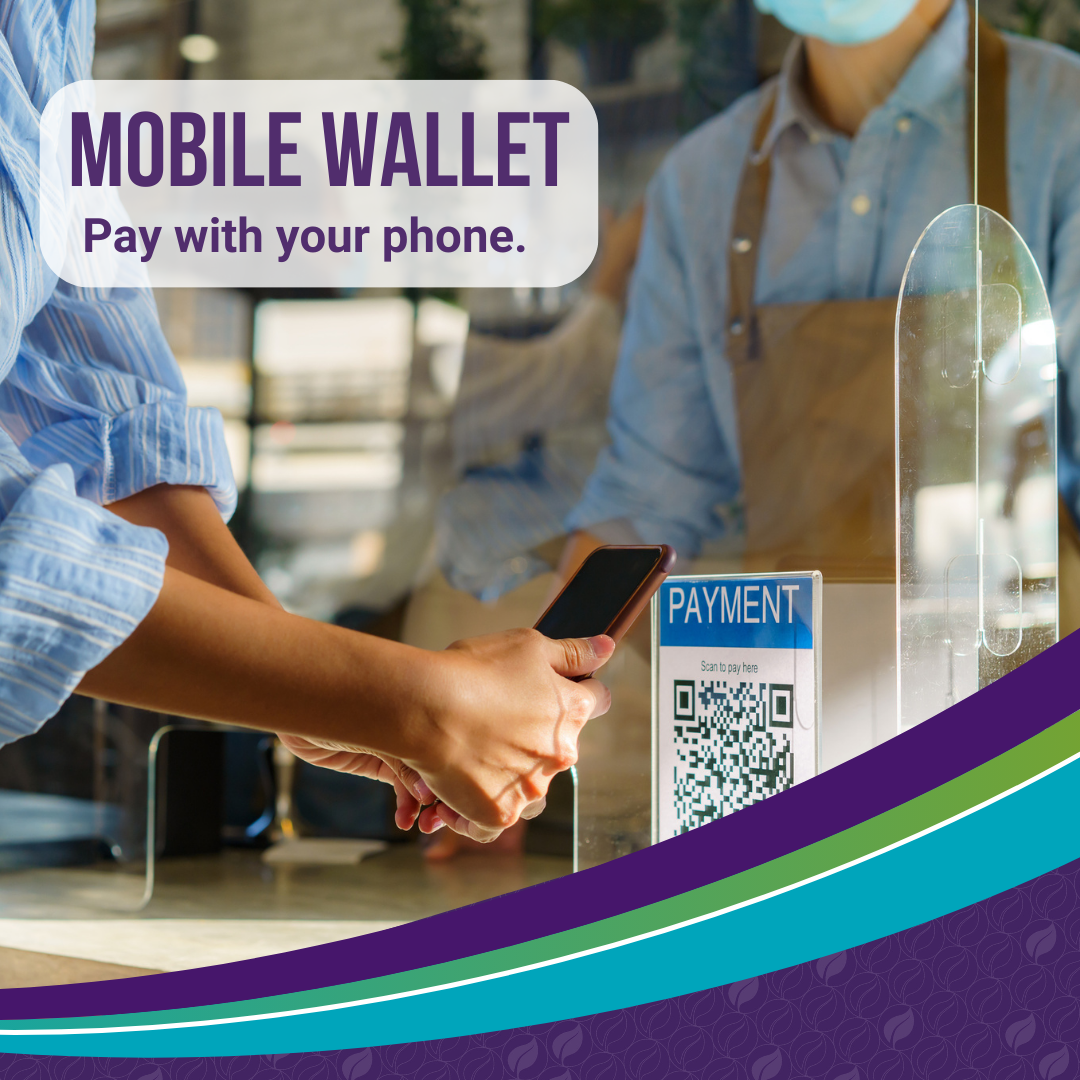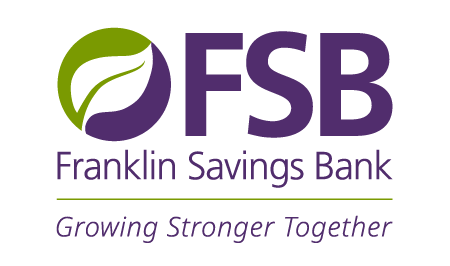The digital age we’re living in has made running our professional and personal lives very convenient. Just about everything is a mere click away, including financial information, thanks to online banking features. That convenience, however, can come at a price if we neglect to prioritize cyber safety.
The threat of hacks, identity theft, and fraud is very real and can be difficult to recover from, depending on the amount of damage done. Best to avoid any trouble in the first place by following some tried and true tips to keep you — and your private data — safe in cyberspace.
Check out the following FDIC recommendations that will help you protect yourself and your information online.
Opt for Impenetrable Passwords
Whenever you create an account online, you’re prompted to choose a “strong” user ID and password. The trouble is, not all sites clarify what constitutes a strong versus a weak password. A good rule of thumb is to avoid ever using personal information like your date of birth or a numeric address. Unfortunately, there are plenty of criminals out there who know how to hack into accounts based on very basic information like this.
Instead, ensure a stronger password by choosing a series of letters, both upper and lower case, symbols, and numbers. Helpful hint: try substituting a symbol that resembles a letter, like using $ instead of S. The resemblance might help you remember your password while also keeping it from being compromised.
While we know it’s handy to have just one password for all of your accounts, relying on only one sets you up for disaster; if one account is hacked, the rest will inevitably follow. Your user ID and passwords should be kept confidential, and it’s good to get in the habit of choosing new ones frequently.
If keeping up with multiple usernames and passwords for various accounts feels overwhelming, try using a secure password manager, like LastPass, which saves all of your passwords in a vault encrypted to your computer.
Speaking of computers, the FDIC also recommends that you designate a separate computer to be used strictly for online shopping and financial transactions. You don’t have to break the bank to do this; you can even use an old or second-hand laptop that has been stripped of unnecessary software and scanned for malware (malicious software — the culprit behind stolen information).
Be On Guard When Online Banking
This essentially involves establishing good habits like making sure you log out of your accounts when you’re done checking a balance, paying a bill, or making a purchase. In addition to logging out, it’s a good idea to close the browser and ensure that you’re basically covering your tracks. You don’t want to leave any clues that could allow anyone with ill intent to retrace your steps and access your information.
Pass on Public WiFi
The problem with checking your bank statement online when you’re out in public is that you can’t be sure a business’ security software is up to speed (pun intended). Also, using public WiFi makes you a target for criminals who regularly use these busy spaces to hack into signals and steal sensitive information.
Stay Alert
It’s a good idea to be vigilant when it comes to checking your bank accounts for any unauthorized transactions or fraudulent activity. Set up account alerts that let you know if your account balance has fallen below a threshold of your choosing or if your account is overdrawn. These will let you know immediately that something is going on with your account, and you need to check it right away.
When you do, if you see charges that you didn’t authorize from vendors you don’t recognize, contact the bank that issued your card, dispute the charges, and request a new card to replace the one that was somehow compromised.
At Franklin Savings Bank, we take cyber safety seriously. We pride ourselves on being a secure NH bank and welcome the opportunity to protect your personal information and keep you confident that your financial security is safe and sound. Contact us when you’re ready for smarter banking and easier living.




